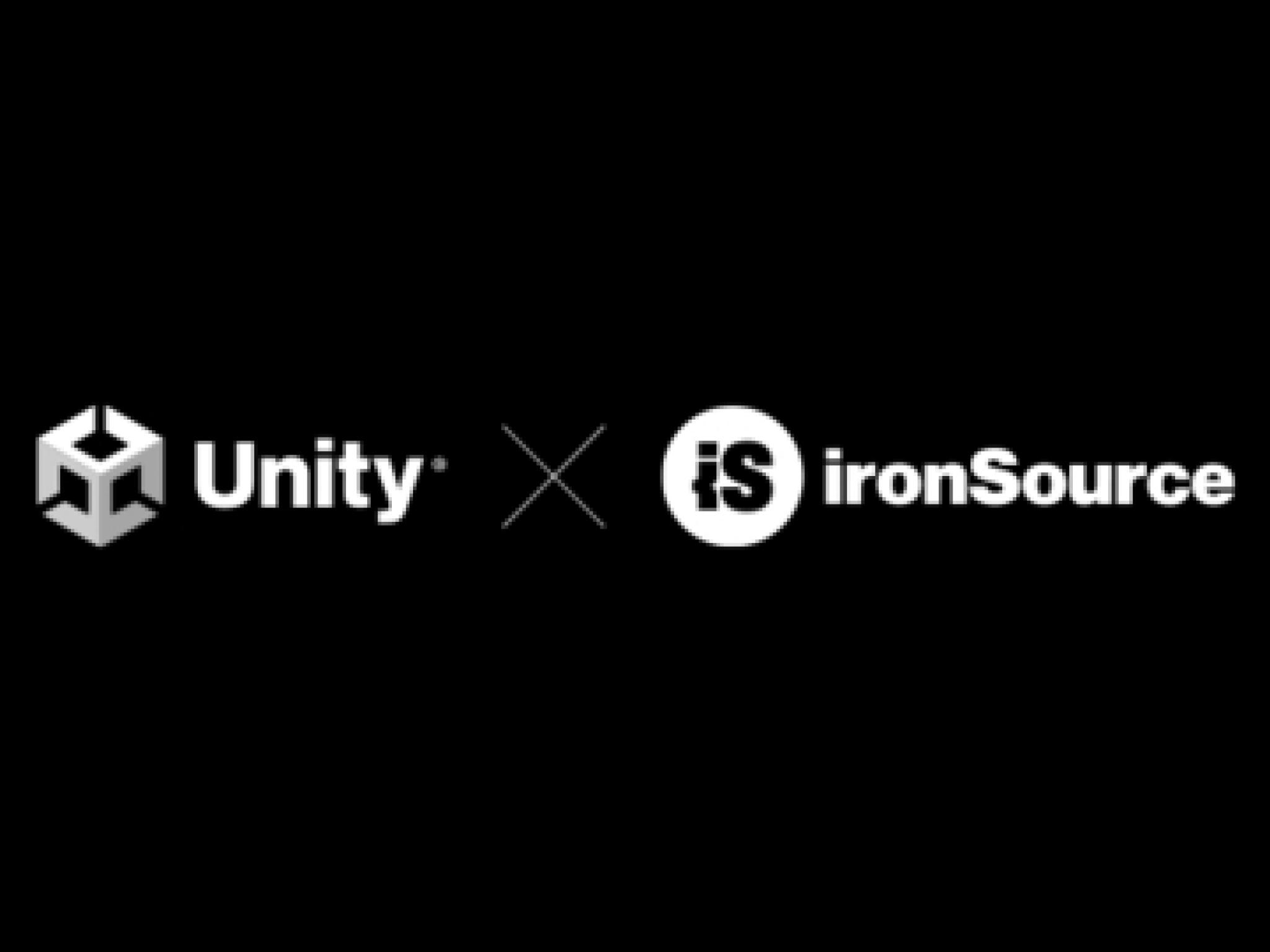
Two companies in the video game sector agreed to a merger that will create the first end-to-end platform for creators to build, run, manage, grow and monetize live games.
Here are the key details for investors and gamers.
What Happened: Unity Software (NYSE:U) and IronSource (NYSE:IS) announced a deal that will see IronSource become a wholly-owned subsidiary of Unity.
The deal combines a leading platform for creating and operating 3D content (Unity) with a leading platform for mobile content creators (IronSource).
Under the terms of the deal, IronSource shareholders will be given 0.1089 shares of Unity for each share of IronSource owned. After the merger, Unity’s existing shareholders will own 73.5% of the merged entity.
The deal valued IronSource at $4.4 billion at the time of the merger announcement.
To offset dilution from the merger, Unity’s board of directors authorized a 24-month share buyback of up to $2.5 billion, which will be effective after the transaction closes.
Related Link: Video Game Developer Unity Acquires The Lord Of The Rings And Avatar Visual Effects Company
Why It’s Important: The new company will have an end-to-end platform that will help make its offerings available to creators of all sizes, according to Unity.
“We believe the world is a better place with more successful creators in it,” Unity CEO John Riccitello said. “The combination of Unity and ironSource better supports creators of all sizes by giving them all the tools they need to create and grow successful apps in gaming and other consumer-facing verticals like e-commerce.”
The combined company will also help with growth and benefit creators, IronSource CEO Tomer Bar-Zeev explained.
“We couldn’t be more excited about our shared mission to remove obstacles for creators to grow,” Bar-Zeev said.
Unity expects a run rate of $1 billion in adjusted EBITDA by the end of 2024 from the combined company. Annual EBITDA synergies of $300 million are expected by the third year after the merger.
With IronSource as a subsidiary, Unity expects to be highly profitable and a free cash flow positive company. Unity currently operates at a net loss, compared to IronSource, a profitable company. This could be among the key pieces to the merger and something that entices shareholders in the shift from high-growth stocks to companies that post positive predictable earnings.
Unity lowered its full-year revenue guidance from a range of $1.35 billion to $1.425 billion to a new range of $1.3 billion to $1.35 billion Wednesday, citing macro trends, product launches and “competitive dynamic with our monetization business.”
The merger comes after Unity and IronSource went public in 2020 and in 2021, respectively. IronSource had a valuation of more than $11 billion at the time.
M&A activity has been heating up in the video game and technology sectors. Beaten down share prices of many stocks could present opportunities for mergers and buyouts at what could be considered discount prices.
TechCrunch noted that IronSource reported 58% revenue growth in the second quarter but lowered full-year guidance. Unity reported revenue growth of 35% in the first quarter while also guiding for lower revenue than originally forecasted.
Price Action: IronSource shares are up 49% to $3.31 on Wednesday.
Unity shares are down 15% to $33.89 on Wednesday.







